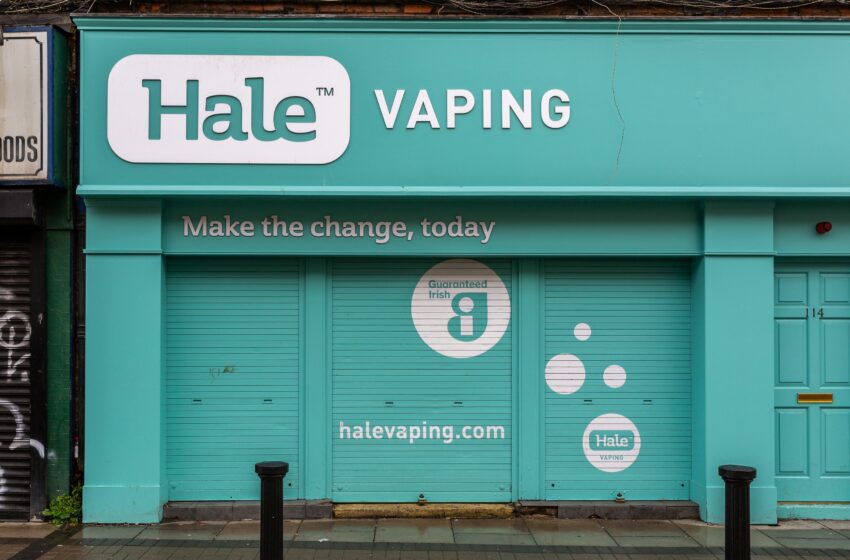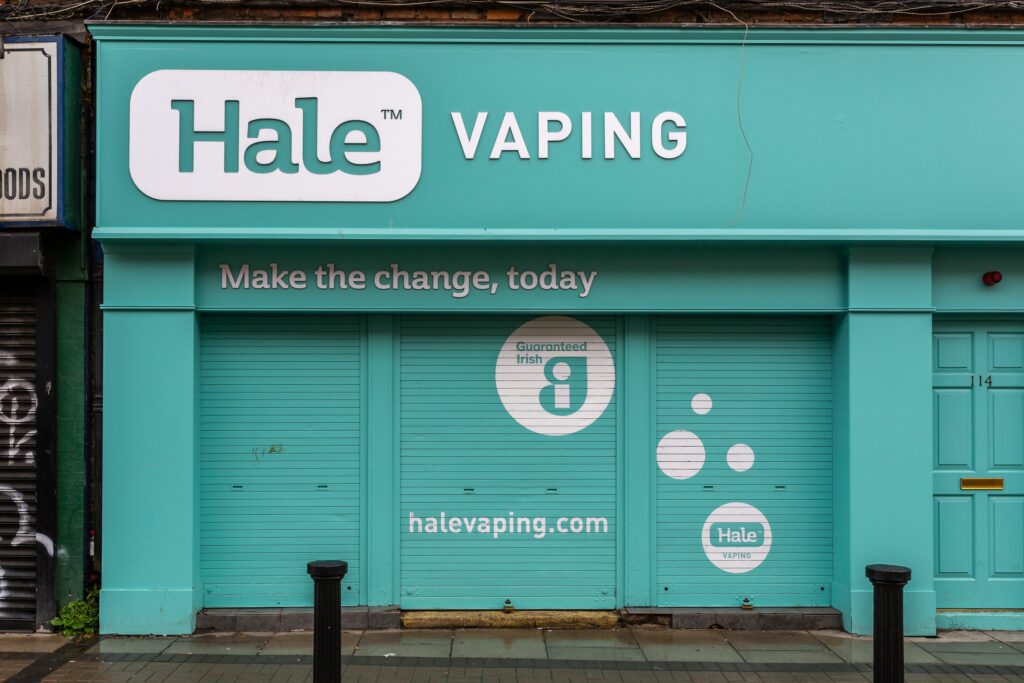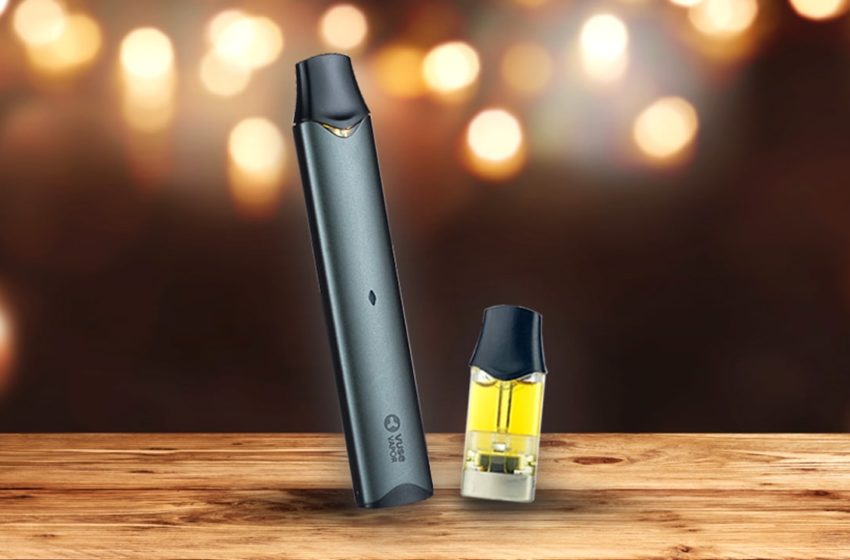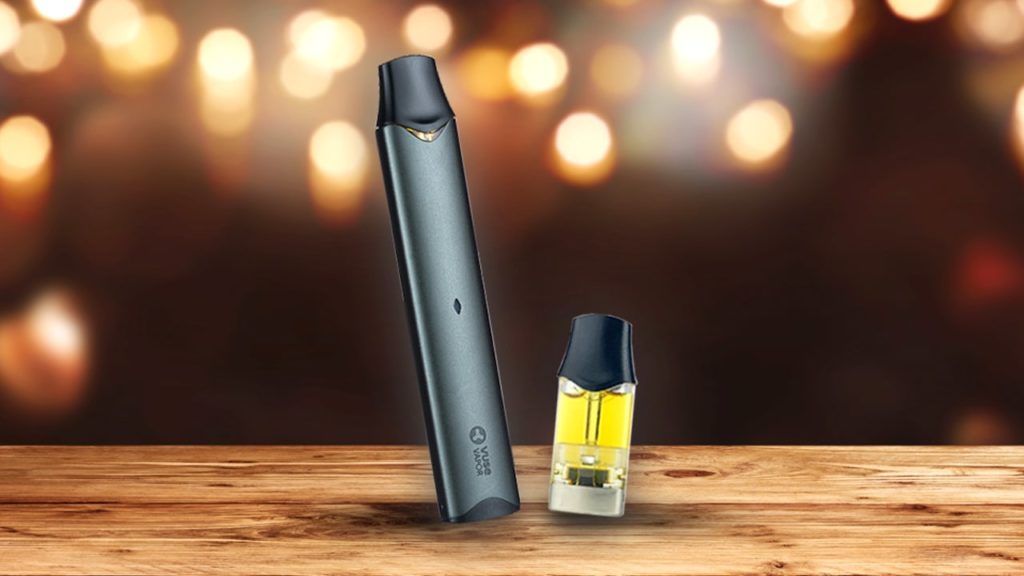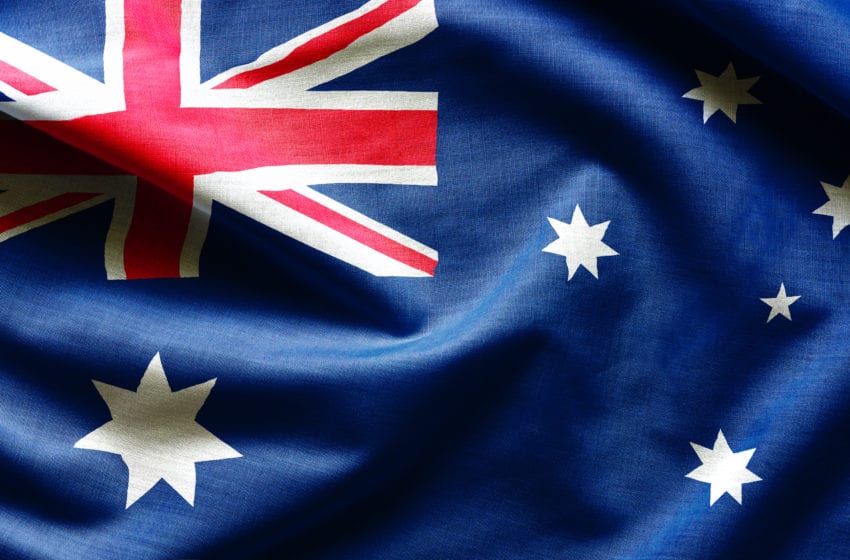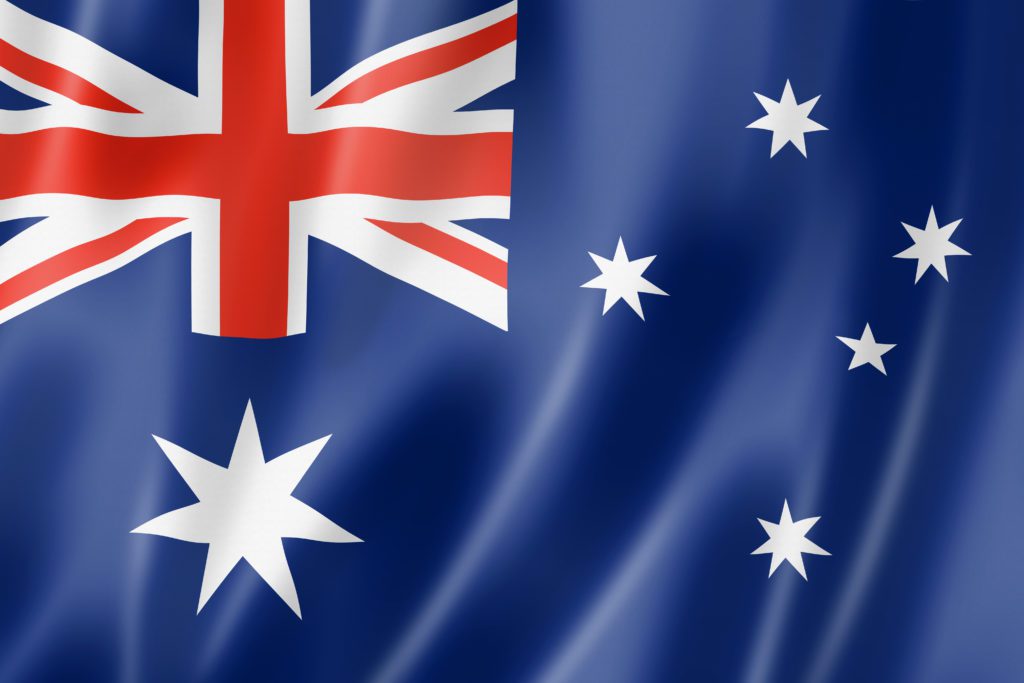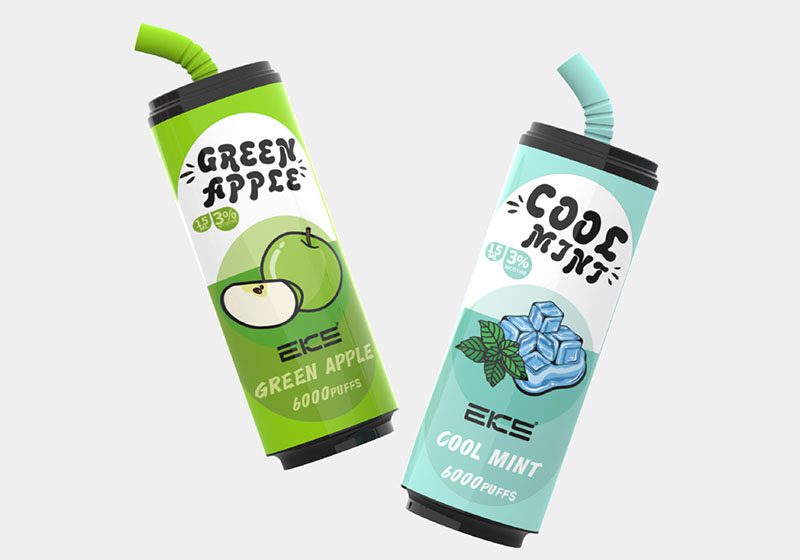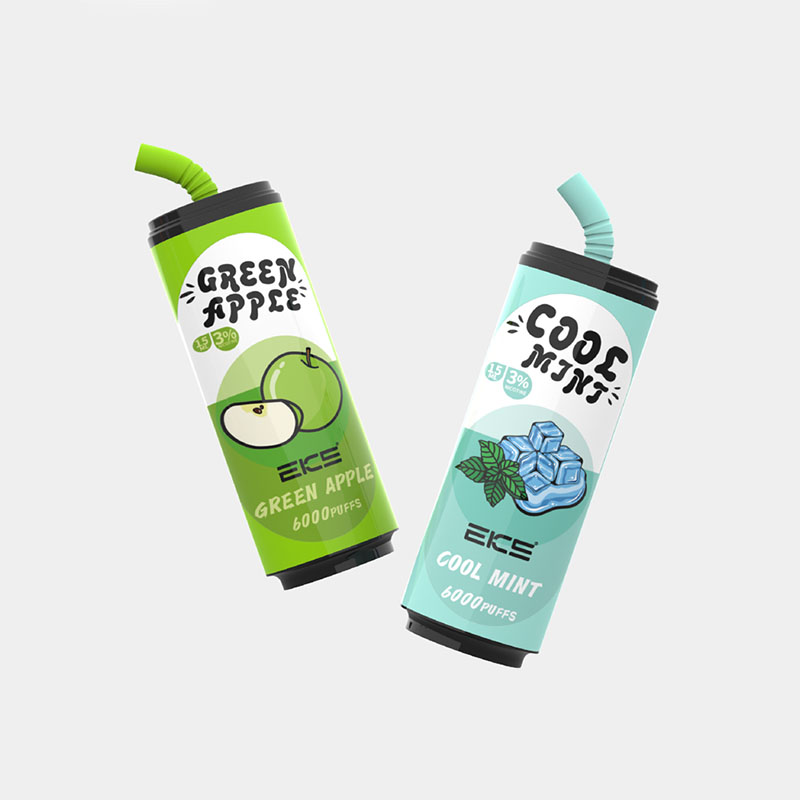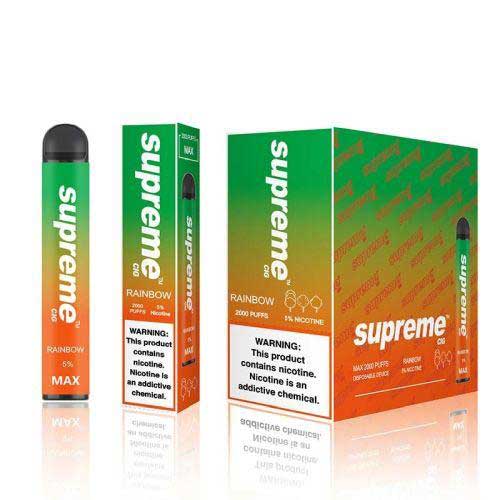
Investors will be laser-focused on regulatory pressures when prominent vape distributor Supreme plc reports its audited interim results on Tuesday, November 28.
The AIM-listed company is expected to post record sales but forward guidance will be paramount amid a crackdown on underage vaping single-use next-generation products, according to Proactive Investors.
U.K.-based Supreme supplies a range of formats across several vaping brands, including 88Vape, Liberty Flights, KiK and T-Juice.
The company has expressed enthusiasm for greater oversight in the vaping industry but bearish share price performance following Prime Minister Rishi Sunak’s hawkish comments in October pointed to concern among Supreme stakeholders.
According to Supreme’s chief financial officer Suzanne Smith, the negative press surrounding underage vaping is doing considerable harm to what she sees as a device whose primary purpose is getting adults off the smokes.
“If we can nip that in the bud, vaping can be celebrated again for what it was there to do, which was to get people off smoking,” Smith told Proactive in October.
Since then, Supreme has announced changes to its products, including plainer packages, age-appropriate flavors, suitable locations in stores, and in-store vape-disposal bins.
Some of these changes will come with costs and concerns over alienating existing customers.
Nevertheless, Tuesday’s interim earnings call is expected to be bullish, with company guidance citing interim revenues exceeding £100 million ($126 million), with underlying earnings of no less than £15 million.
The disposable vaping brand ElfBar distributions are expected to comprise around half of all sales and gross profits for Supreme.





